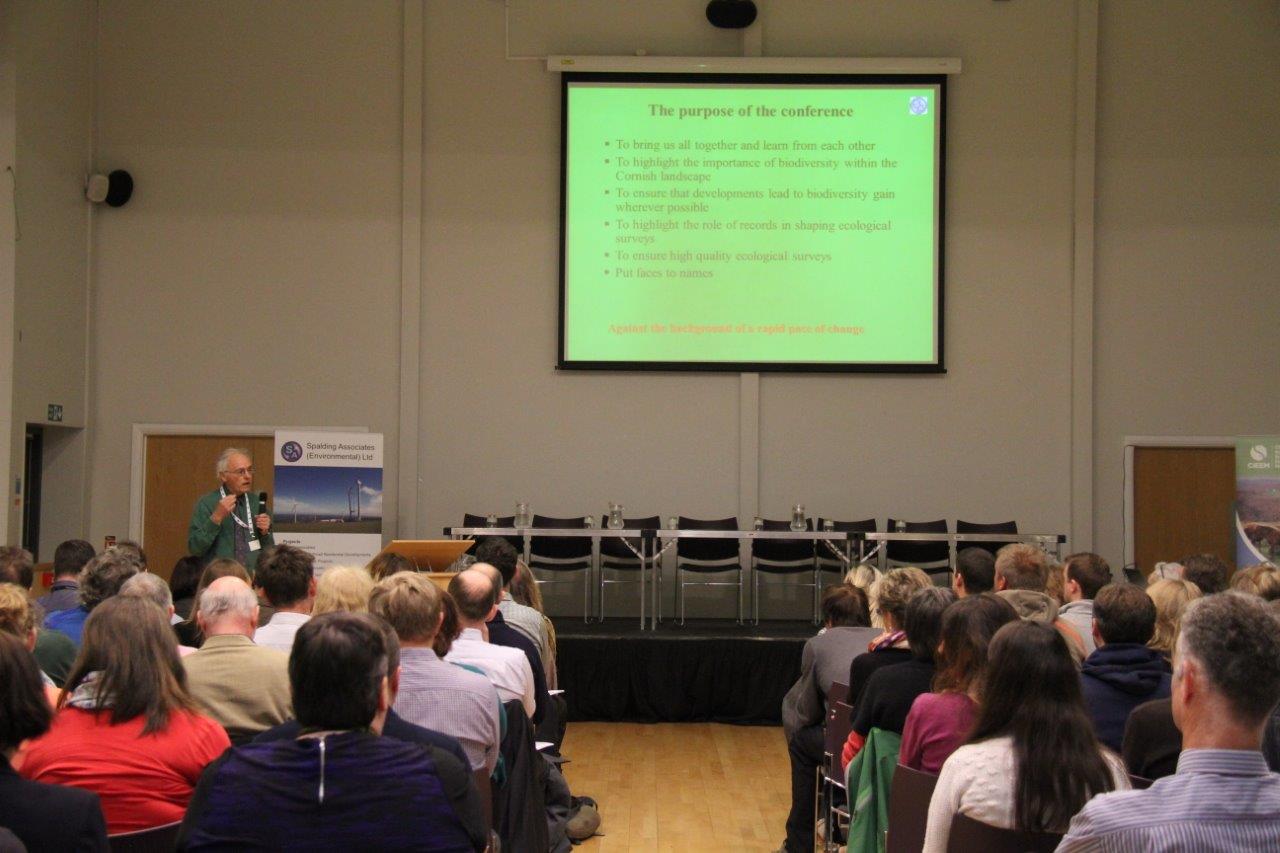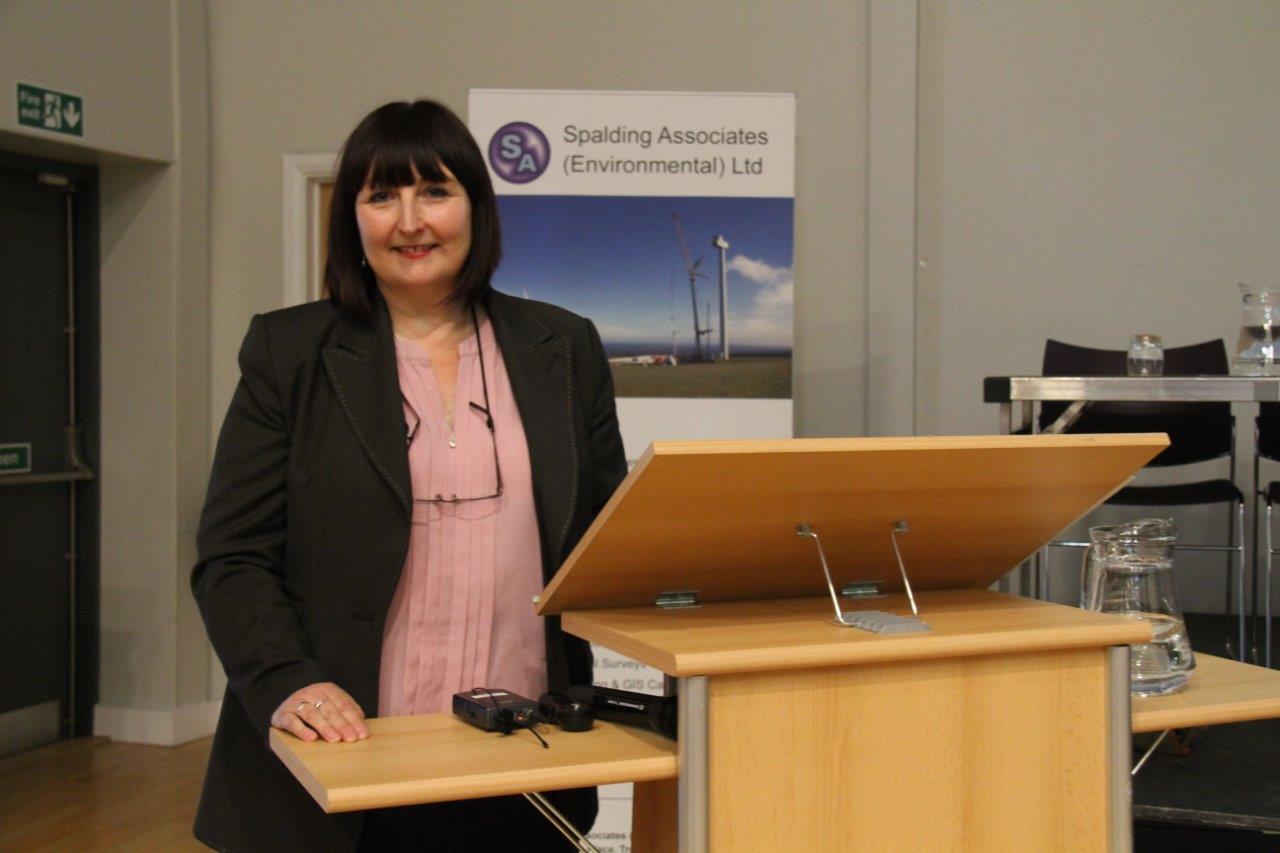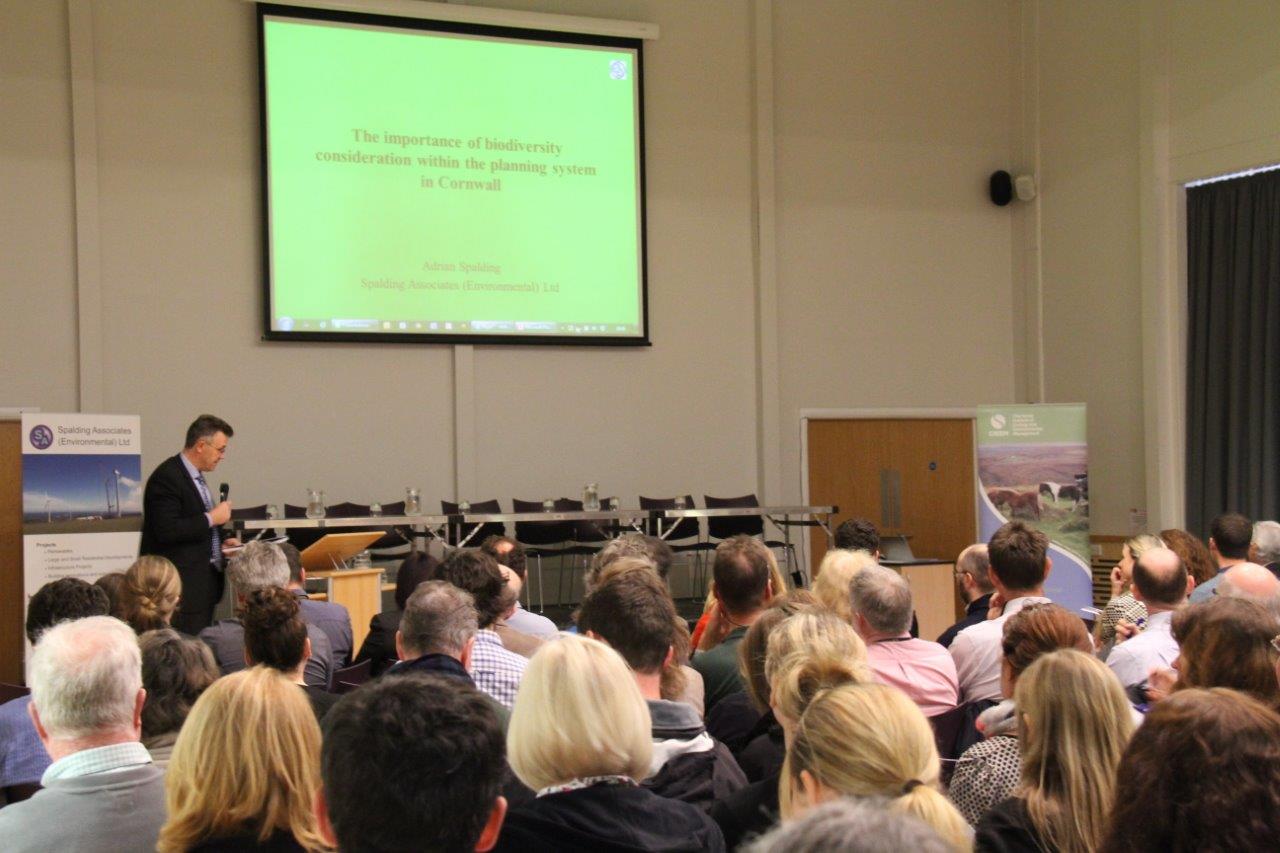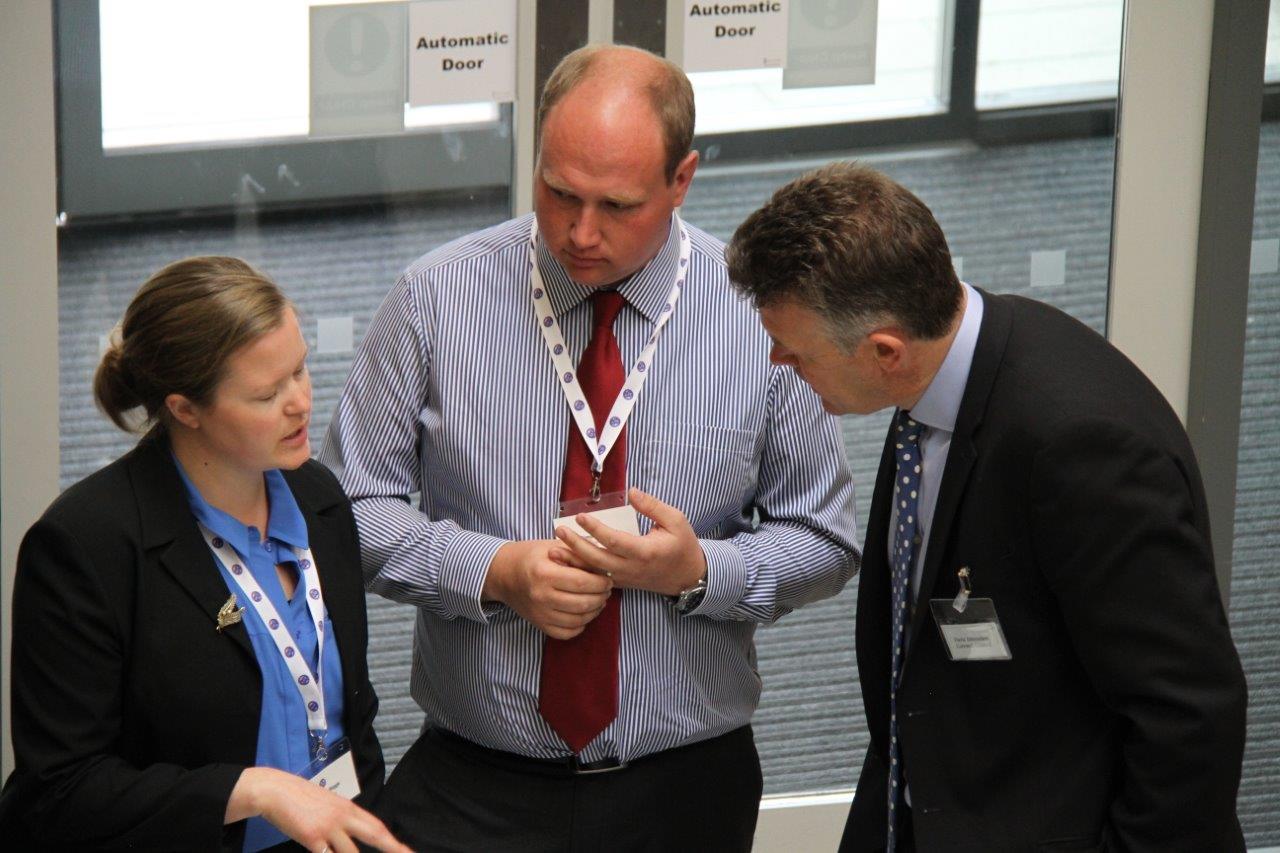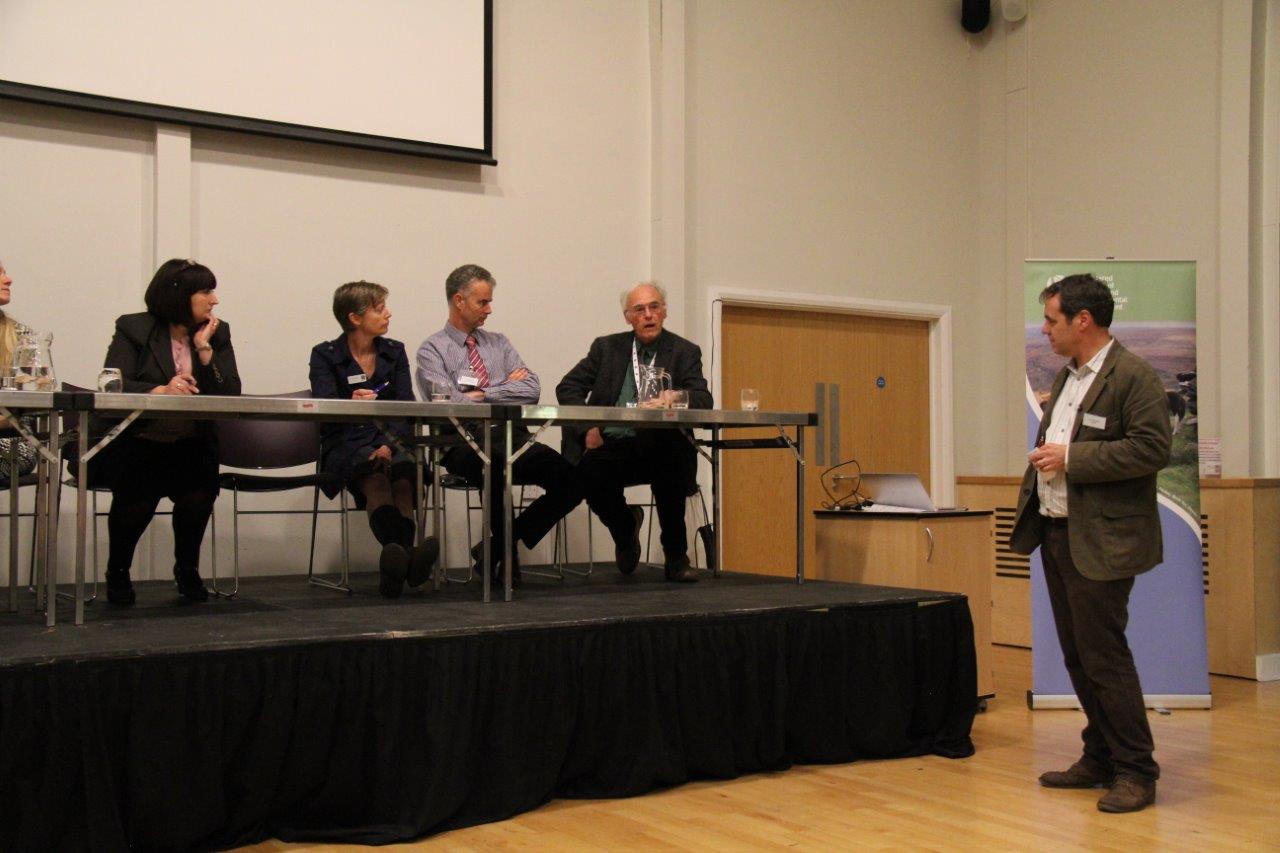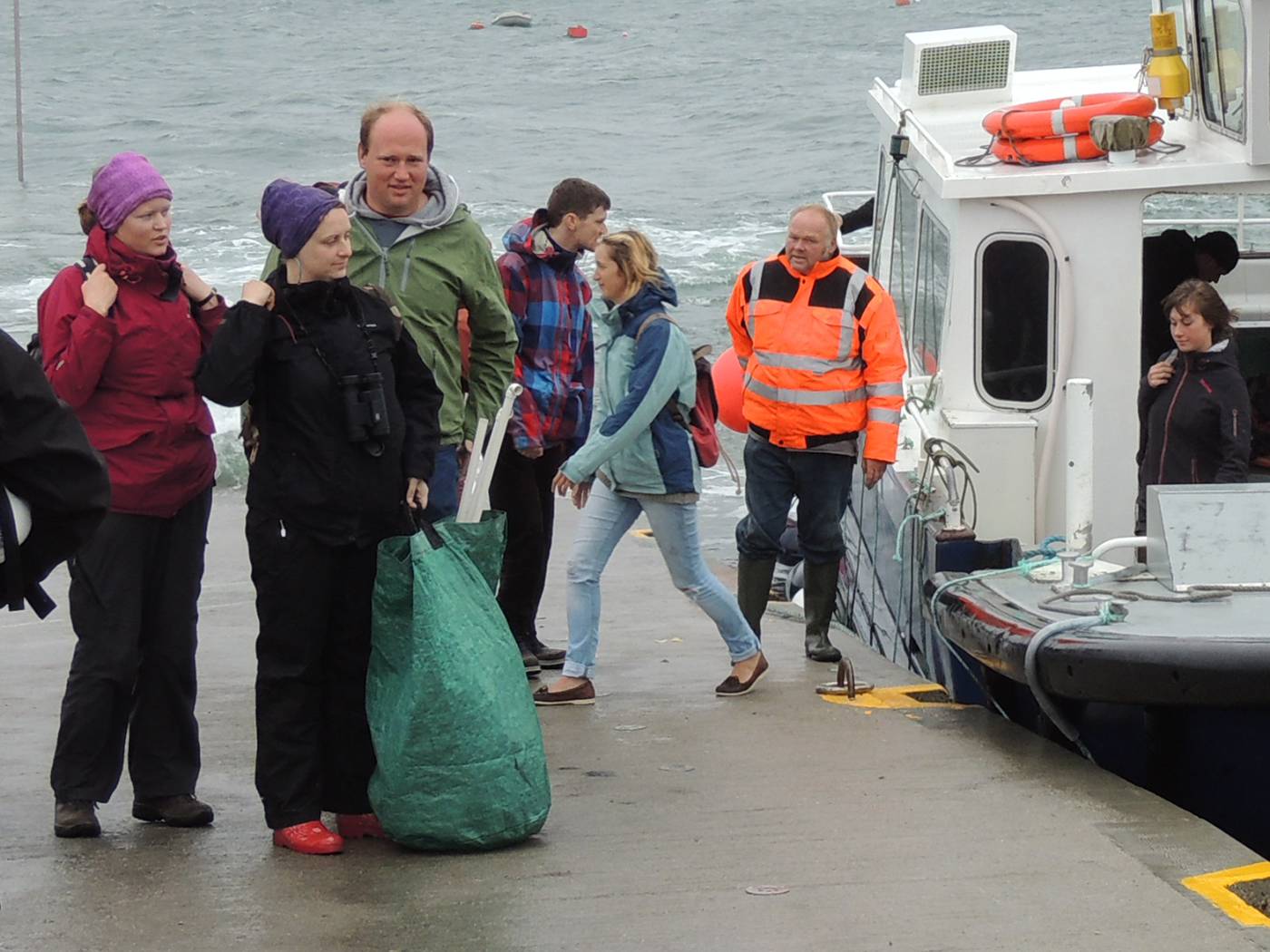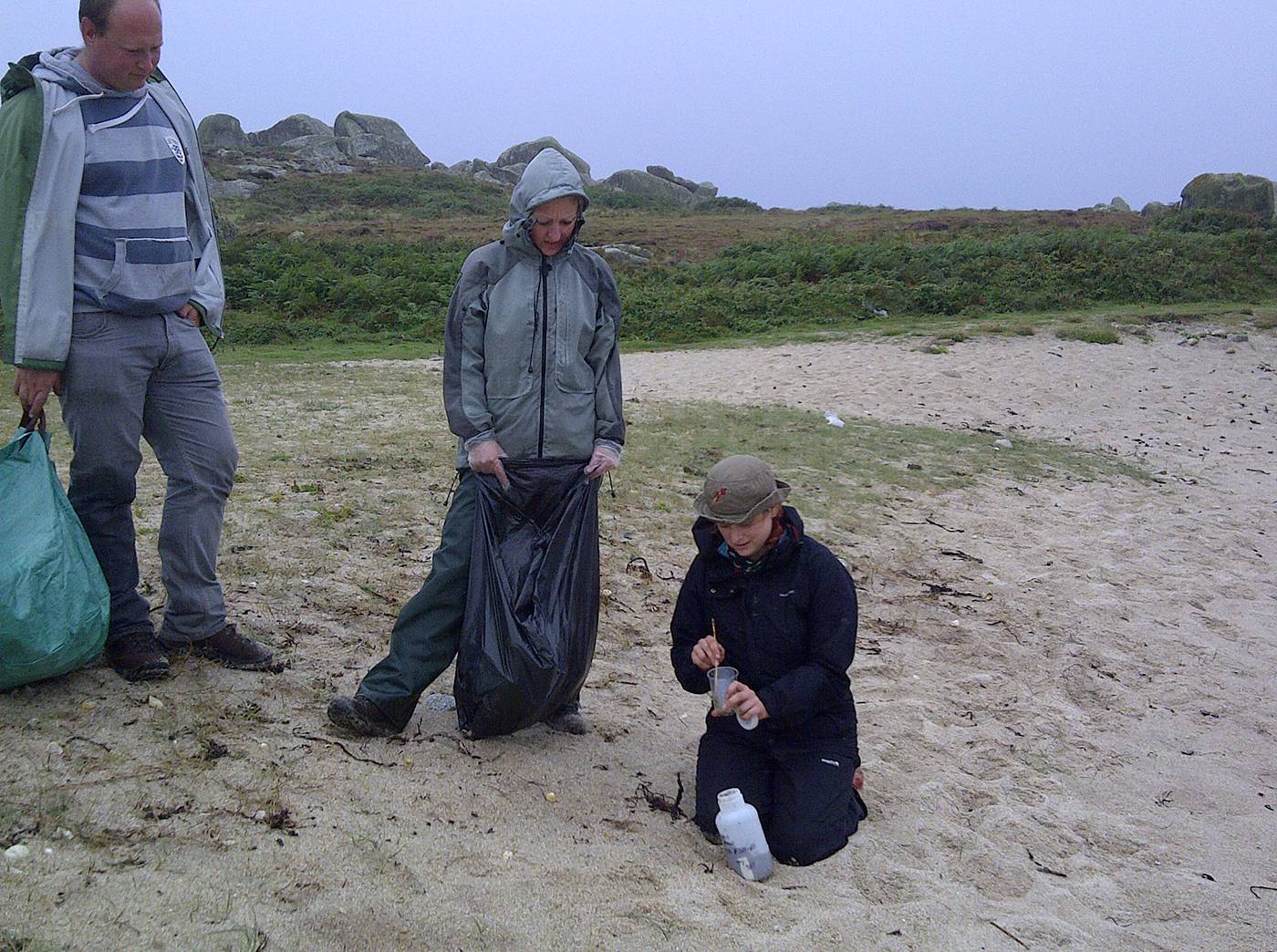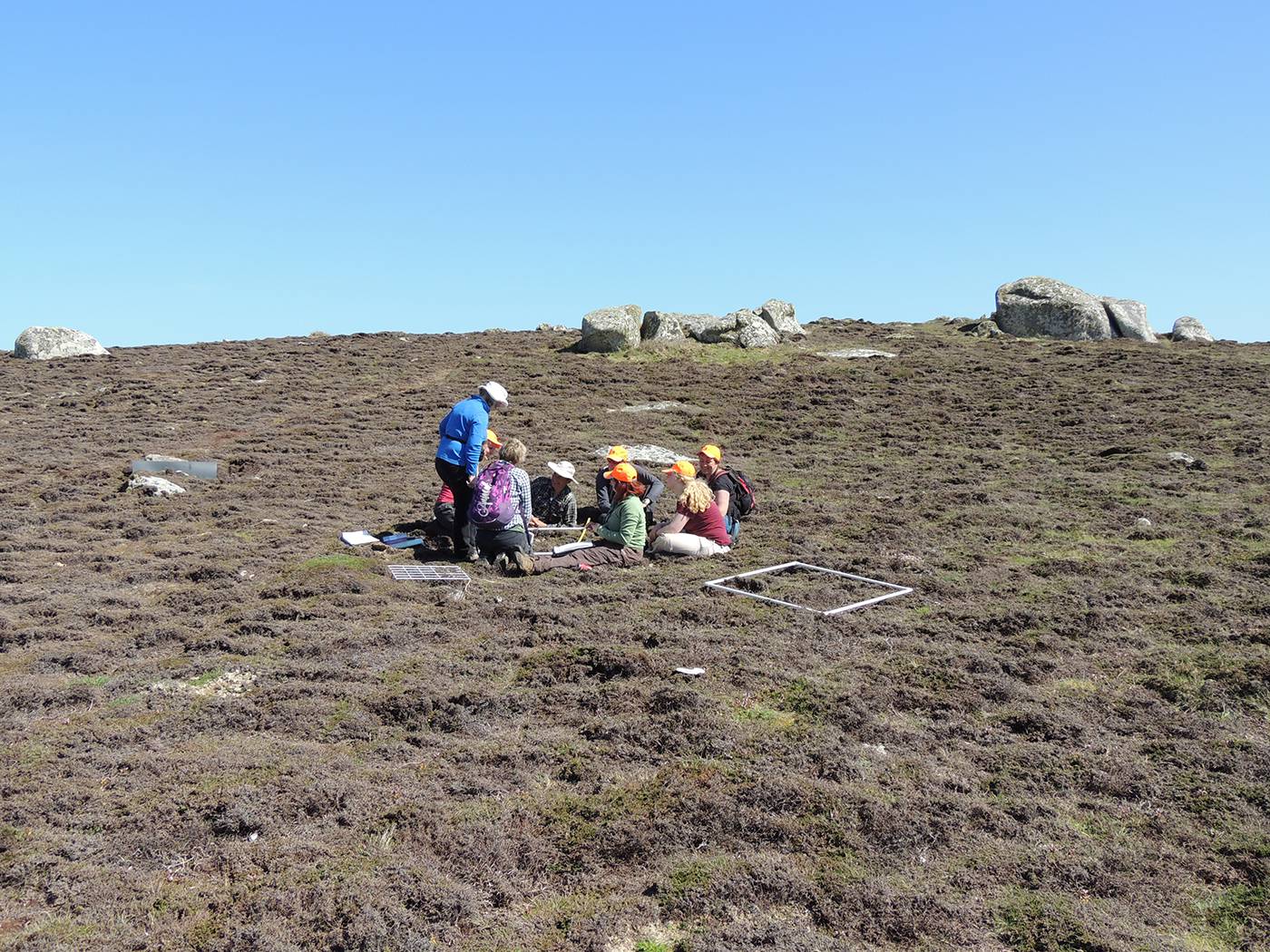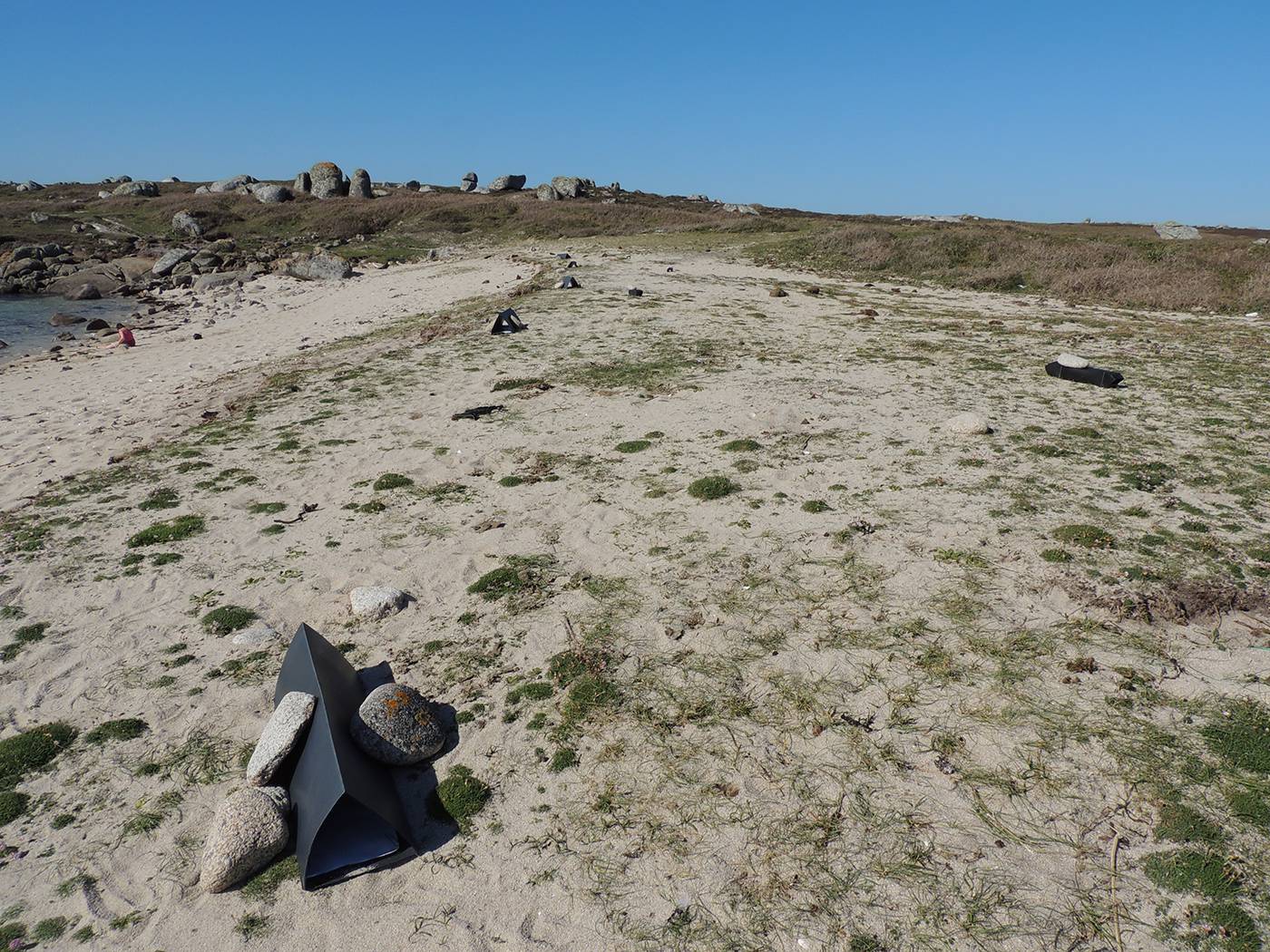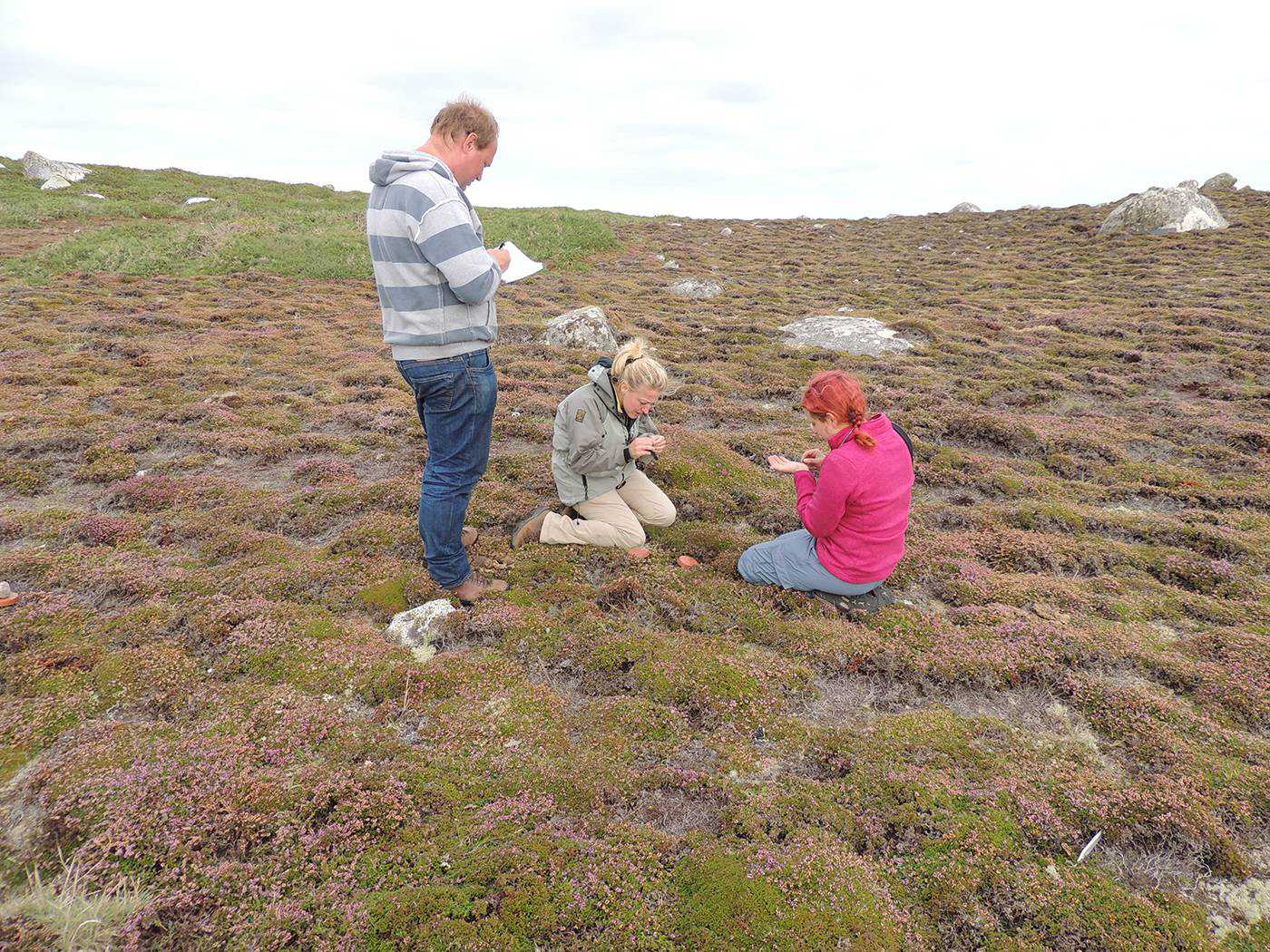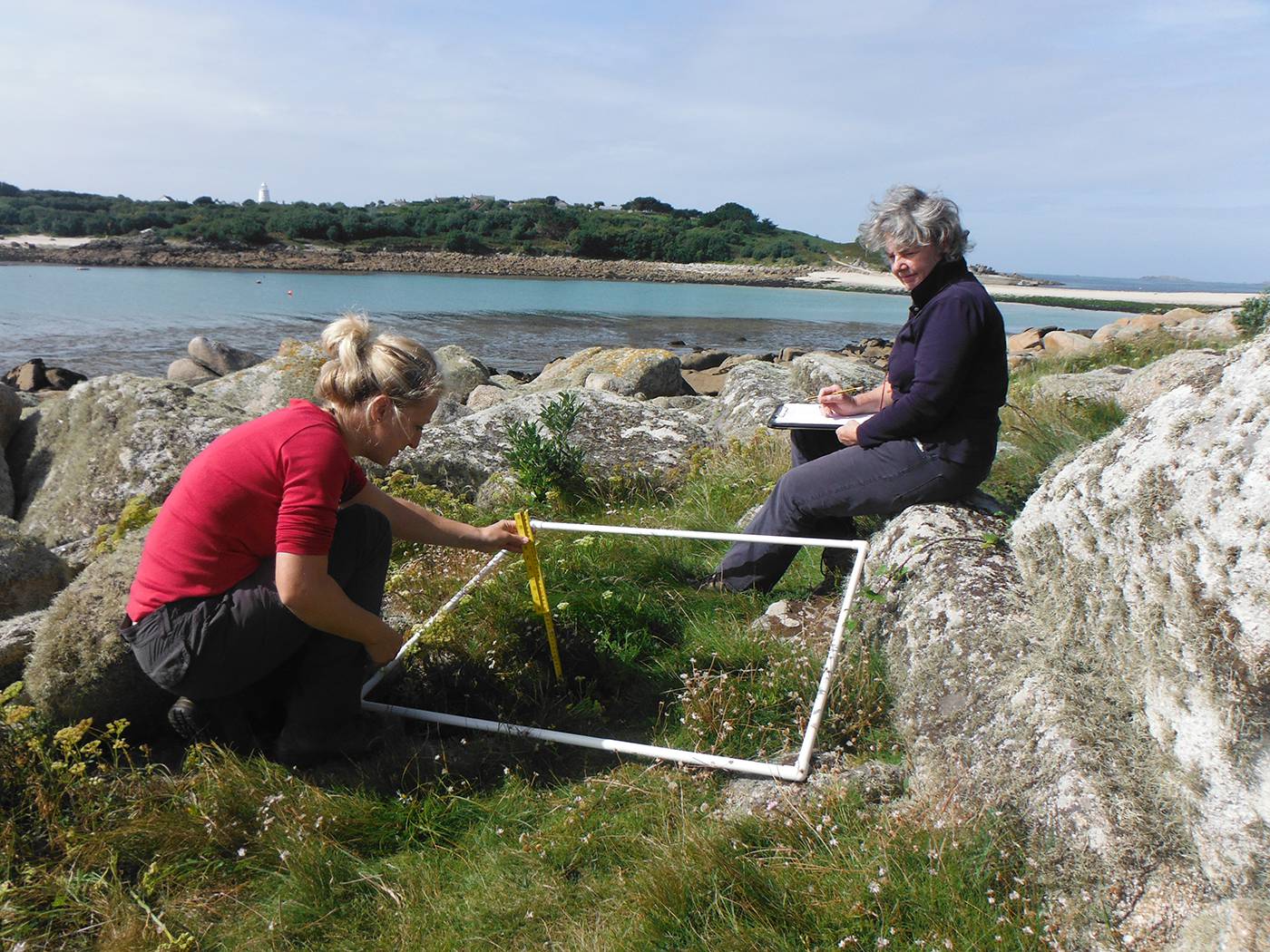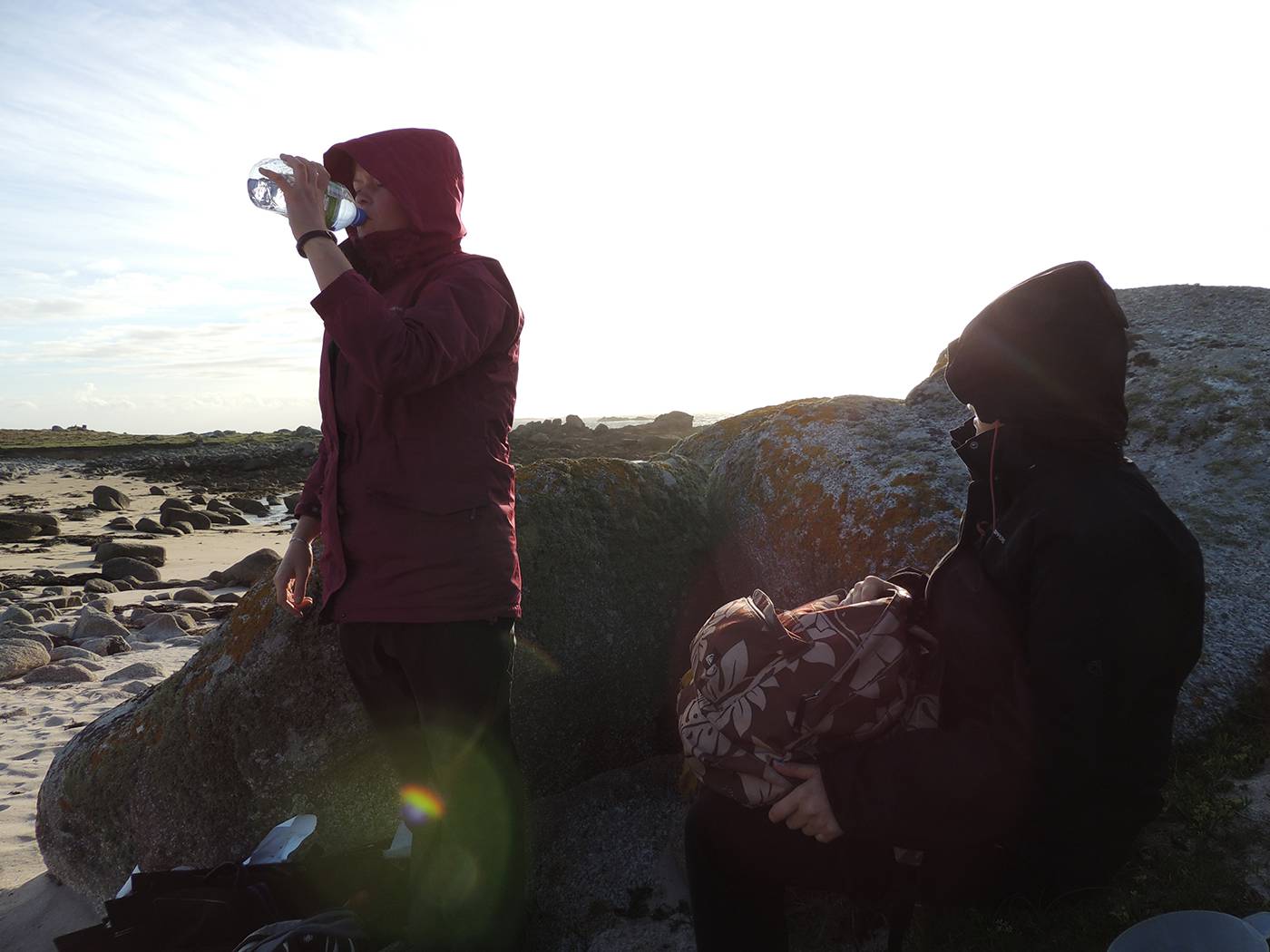Celebrating 21 years delivering clear, impartial and accurate advice on environmental planning for land use and development.
Biodiversity & Planning Conference; Heartlands, Redruth, 24/04/15
Spalding Associates were pleased to initiate, help organise and sponsor a major conference on planning and biodiversity in Cornwall. The conference was the brainchild of Adrian, based on nearly 20 years’ experience of working within the planning system in Cornwall and elsewhere. We worked with Natasha Collings-Costello (Cornwall Council), Nick Coppin (freelance ecologist) and Jenny Stuart (Cornwall Environmental Consultants Ltd) to organise the conference, with additional sponsorship from CIEEM and Cornwall Council and support from Cornwall Wildlife Trust and the Royal Town Planning Institute. It was convened to bring planners, ecologists and landscape architects together, to inform, inspire and explore how these professions can work together to protect and enhance biodiversity in Cornwall and to share best practice, against the background of a rapid pace of change
The conference was introduced by Cllr Edwina Hannaford – Cornwall Council Portfolio Holder for Planning and the Environment. She outlined the current work of the Council on the Cornwall Local Plan and the Environmental Growth Strategy and explained that maintaining and expanding biodiversity is a cornerstone of the Strategy, to enable economic growth that enhances natural capital. She was introduced by Phil Mason, Head of Planning and Enterprise for Cornwall Council, who emphasised the need for environmental considerations to be fully built into the planning process in order to deliver good quality on the ground development. The morning session was chaired by David Edmondson – Strategic Development Manager for Cornwall Council. The main introductory presentation was by Adrian, who explained the purpose of the conference, why biodiversity is important and the role of the planning process in controlling the key threats to biodiversity and delivering biodiversity enhancement; he especially highlighted the value of coherent ecological networks at the landscape scale and the need for an appreciation of the landscape
function and history of all development sites. Carried out properly, ecological assessments will contribute to the success of development projects.
Other key presentations were by Nick Coppin (how biodiversity fits into the legislative and policy context), Jenny Stuart (the scope and application of best practice and related guidance and standards), Gary Lewis and Adrian (the work of the local records centre and its contribution to the planning process) and Sarah Jennings (on the processes established by Devon County Council for ecological assessments). A range of case studies were also presented, including two from Spalding Associates:
- Domestic scale bat mitigation by Simon Barnard
- Trembling Sea Mat mitigation by Catriona Neil.
We were very pleased to have Lord Matthew Taylor (Chair of the National Housing Federation) present who chaired the panel question time session. The conference was a great success with a full house of 160 delegates; as one delegate wrote afterwards “a truly inspiring, extremely well attended conference.”
Posters presented at the conference by Spalding Associates:
![]() North Quay Infrastructure Project – case study of best practice for nature conservation
North Quay Infrastructure Project – case study of best practice for nature conservation
Isles of Scilly Seabird Recovery Project
We were delighted to have been chosen in 2013 to set up the monitoring programme for the Isles of Scilly Seabird Recovery project. This partnership project aims to protect the seabirds in Scilly by keeping St Agnes and Gugh and the uninhabited seabird islands ‘rat-free’. Spalding Associates were chosen for this prestigious project because of our knowledge of the Isles of Scilly and our reputation for scientific expertise.
We were contracted to carry out baseline surveys on the islands of St Agnes, Gugh and Bryher to a defined methodology. The surveys targeted invertebrates, birds, rabbits, plants, Scilly Shrews and fixed point photography. The project was based on surveys associated with four habitat types: European gorse scrub, maritime/coastal grassland, heathland and foreshore. The complete tranche of surveys were carried out on all three islands with the exception of rabbit surveys on Bryher (rabbits are not present on Bryher). The project aims to compare wildlife communities before and after rat removal for each island to see how the communities change. The island of Bryher was chosen as the control site (there was no rat removal programme here) – changes on St Agnes and Gugh not seen on Bryher would suggest that the cause of change was at least partly due to the removal of rats. We also trained project staff, volunteers and partners in the techniques necessary to continue the monitoring programme in 2014 and beyond, working closely with the community of St Agnes and Gugh.
A huge amount of data has been collected and collated for 2013 and 2014. For example, 8,195 invertebrates were sorted on St Agnes alone in 2013, increasing to 19,959 in 2014. We also found a number of new beetles for St Agnes and Gugh and a new species for the Isles of Scilly. Numbers of Scilly Shrew increased dramatically on Gugh and also on St Agnes. Although their main predators on the Isles of Scilly are thought to be kestrels and domestic cats they are also eaten by rats; during the dissection of the stomach contents of 50 rats 18% were found to contain the remains of Scilly Shrew. Numbers declined on Bryher, so that we can be pretty sure that increases on St Agnes and Gugh are due directly to the rat removal. The numbers of Lawnhoppers went down on St Agnes; they are fed on by Scilly Shrew so changes in their abundance might be due in part to changes in the abundance of Shrews. The changes in key bird species assemblages was harder to analyse, as they were stable or increasing across all three islands, indicating that rat removal was not necessarily the cause for this increase. However, the success of the Project has been shown by the return of the ground nesting Manx Shearwater to Gugh and St Agnes, the first young chicks in living memory!
The team from Spalding Associates very much enjoyed participating in this successful project. We met a lot of new people, one of whom (Amy Horn-Norris) has now joined the company. We had great co-operation from Bryher Boats, Covean Guest House, the Isles of Scilly Steamship Company, St Agnes Boating and Troytown Campsite. We were please to sponsor the project in a small way by donating additional mammal ink traps (Gotcha Traps from Wellington, New Zealand) at a cost of about £450. We look forward to returning to the Islands in subsequent years to help monitor the success of the Project.
Spalding the Insectivore!
At a joint meeting of the British Entomological and Natural History Society and the insect conservation charity BugLife in Plymouth, Adrian Spalding was one of the speakers, giving a presentation on the ecology of moths.
Afterwards, he enjoyed a cricket in oyster sauce.
New director for Spalding Associates (Environmental) Ltd
Spalding Associates are pleased to announce the appointment of Simon Barnard BSc, MSc, MCIEEM, CEcol as a new director.
Simon joined us direct from the University of Exeter at Tremough, where he was studying for his MSc. He is the third employee to join us from the university. He initially joined us in 2008 during a heathland translocation programme we carried out near Chacewater where he monitored the success of the project as part of his studies. He then joined us on work experience, progressing to full-time employment and has been with us ever since. He lives in Falmouth with his wife Debbie and two small children Arthur and Annabelle.
He has developed our bat survey department into a major part of our business, with projects from small barn conversions to bat mitigation in major historic houses. He also specialises in otters, dormice and barn owls. Simon has had a strong interest in ecology from a young age and has travelled extensively. In addition to this, he also has valuable experience of being actively involved with and managing property renovation projects, including listed buildings.
Director Adrian Spalding said: “Simon brings experience and business skills to the company and will help us to continue to develop our range of services to local and national clients in Cornwall and across the country.”
Welcome to our redesigned website
We have updated the site according to the best current website design practices. It should now display well on all your devices: desktop computers, notebooks, tablets and mobile phones.
Exeter Uni Environment & Sustainability Institute Knowledge Exchange Strategy Launch
Adrian Spalding was pleased to attend the launch of the University of Exeter’s Environment and Sustainability Institute Knowledge Exchange Strategy at the Tremough Campus in Cornwall. Spalding Associates are pleased to have contributed to research at the University of Exeter and look forward to participating in further partnership research projects.
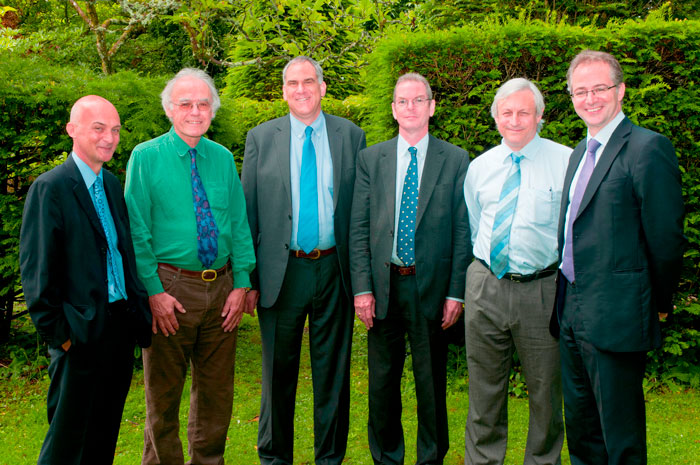
Launch of the University of Exeter’s Environment and Sustainability Institute Knowledge Exchange Strategy (Photo: Matt Jessop)
From L to R:
Mark Yeoman, Deputy Director, Convergence Partnership Office for Cornwall and the Isles of Scilly
Adrian Spalding, Director, Spalding Associates (Environmental) Ltd
Professor Kevin J. Gaston, Director, Environment and Sustainability Institute, University of Exeter
Professor Mark Overton, Deputy Vice-Chancellor (External Affairs), University of Exeter
Nick Coppin, Managing Director, Wardell Armstrong International Ltd
Sean Fielding, Director, Research & Knowledge Transfer, University of Exeter



